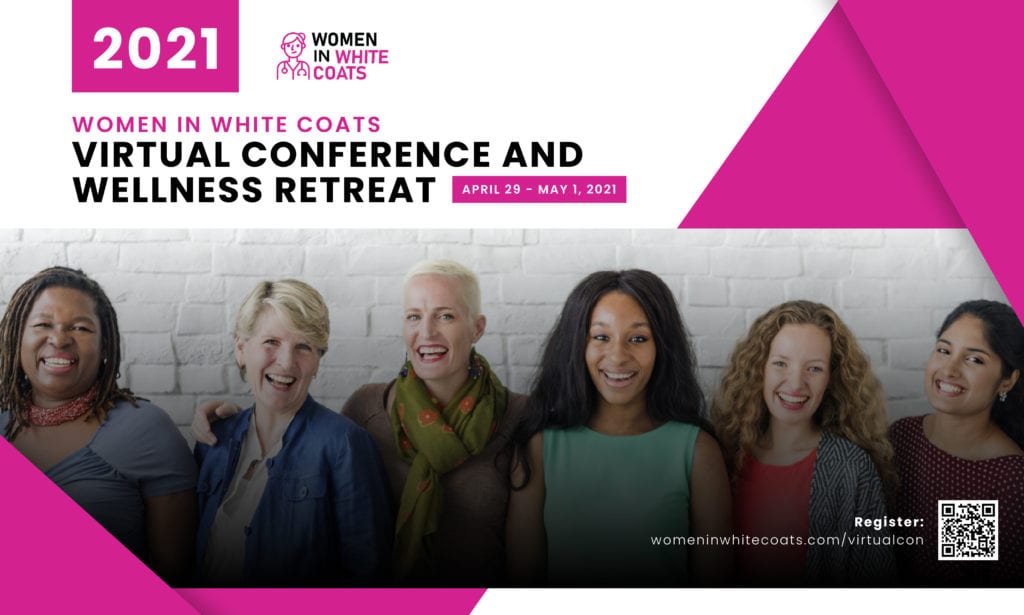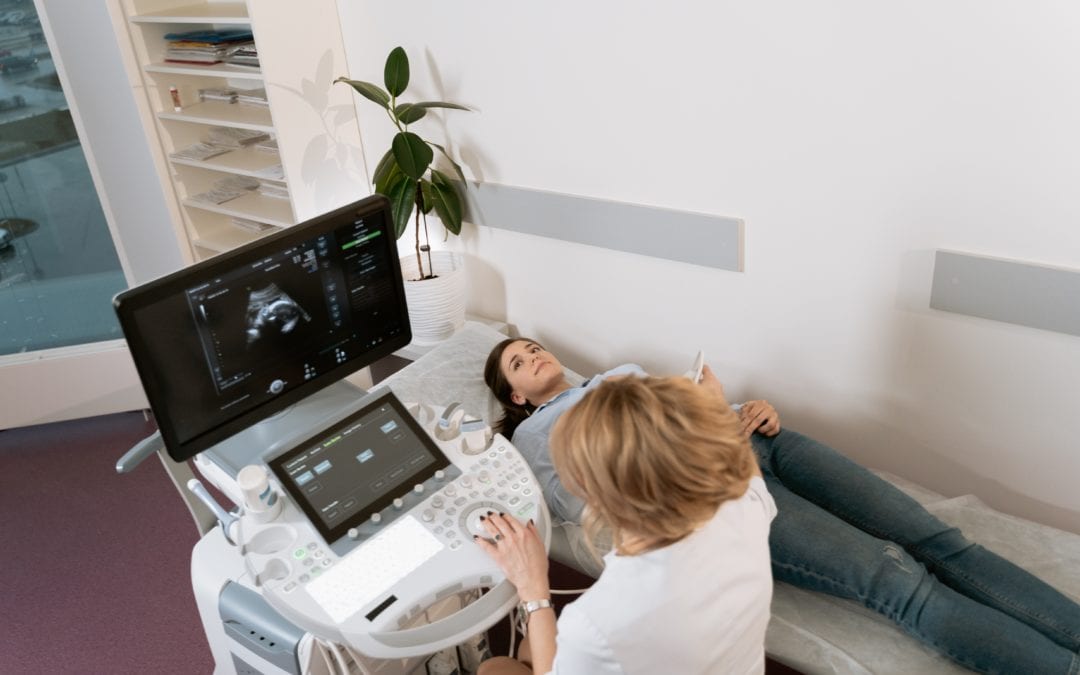I grew up in a small town in West Virginia, in the heart of Appalachia. It was an insulated, quiet and simple life. We had dogs, cats, horses, reptiles, and amphibians and spent most of the day taking care of all the animals. My mom stayed at home and was what I call a “lay veterinarian.” She knew so much about taking care of animals and always seemed to be able to figure out what they needed. Animals thrived in our household. They enjoyed the same warm, loving upbringing with nightly hot meals together that I was so lucky to have. I was told repeatedly, “you can be anything you want to be” and “you should be the boss of something because you don’t seem to like to take orders.” I didn’t know at the time, but this encouragement set my life on a fantastic course.
During the summer, I would go with my mom to the League for Service Mother and Baby Clinic. This clinic was a free, walk-in clinic for pregnant patients and newborns staffed by a seasoned nurse named Rosemary and a family practice doctor. Many of the patients were teenagers. There was so much mystery associated with what happened between pregnancy and the birth of a newborn. I loved watching the nurse and doctor do their assessments and calm anxious mothers’ nerves. I developed a love for medicine and helping others. From a very young age, I knew I would pursue a career in medicine. In high school, many of my classmates had babies by the time we graduated. I wondered if it was lack of education, lack of access to birth control, recklessness, or a combination of factors. Sex education was a two-hour class in 8th grade that had very little information that would prove helpful. Abstinence was taught. This always seemed so ironic to me, given the high teen pregnancy rate in my hometown.
When I was a sophomore in high school, a friend of mine had a baby. It was so interesting to me how little it was discussed. Everyone knew “how” this happened, but no one worked on a solution to the issue. Instead, there was talk of building a daycare center at the new high school. A campaign to hand out condoms was squashed by parents who disapproved. Since there was no birth control education built into the school curriculum, my peers relied on information from their parents, older siblings, or porn. Teenagers are not stupid. It seemed silly not to have an easy way to access the accurate information they needed.

While a student at Colorado College, it became evident to me that I wanted to go to medical school. The block plan schedule prepared me well for medical school. A semester of the material was covered in three and a half weeks. I learned to process and master vast amounts of information in a short period. I had the opportunity to do research, skied a lot, and met some fantastic people, including my husband, Andy.
When I came back to West Virginia for medical school, it was not until my third year that I decided Ob/Gyn would be my specialty. I loved surgery and worked with a plastic surgeon for most of medical school, but when I rotated through Ob/Gyn, it seemed like I was made for it. I liked the clinic! I loved connecting with patients about the most exciting, private, and sometimes sad moments of their lives. The intensity of the emergent Cesarean section for a prolonged fetal heart rate deceleration, split-second decision-making during the management of shoulder dystocias, and life-threatening hemorrhage during which a patient could bleed a liter per minute if not controlled were a constant test of my knowledge and manual skills. I appreciated precision in the operating room during a hysterectomy and the care and comfort required to help a patient through a pregnancy loss. The highest highs and the lowest lows could be experienced within minutes of each other. I loved educating women about their bodies and tried to empower them with the knowledge to take care of themselves.
I have been a doctor for 14 years, a wife for 16 years, a mother for 12 years, and a daughter and sister for 41 years. My professional life has revolved around caring for women of all ages. People sometimes ask, “Why Ob/Gyn? Why would I want to look at vaginas all day?” That’s the smallest part of what I spend time doing. Most of my time is spent educating women about their bodies, their symptoms, and the causes, their options for birth control, managing their menstrual cycles, and dealing with the challenges of being a female. I spend a significant amount of time reassuring patients that they are normal. My goal is to provide women with information that makes them feel empowered by their bodies. I am thrilled when I can educate a teen on all of her birth control options, and she gets all the reliable information about birth control and sex from me. I assure the patient that our conversation is confidential and that they are responsible for choosing the proper treatment.
Seeing an Ob/Gyn for the first time used to be a dreaded but necessary visit. A pelvic exam and Pap smear were often required to obtain birth control, even if the patient was not sexually active and using birth control for menstrual regulation. Nowadays, that is not the case. My first pelvic exam experience was less than ideal. I was in student health, separated by curtains from the other women, and the Nurse Practitioner performed an exam without explaining it, including a complete rectal exam. I was not expecting that! I grabbed my birth control pills and got out of there. I have told many patients this story to lessen the anxiety associated with their first pelvic exam. It’s a great ice-breaker and a reminder of the importance of taking the time to explain the necessary exam, showing the patient the speculum and how it works, and answering questions along the way. They understand that the exam should not be painful and that they are in control. If it hurts, we stop. If they are too uncomfortable to have an exam on the first visit, then we delay. Gone are the days of “just lay back and relax” or blaming the patient for the exam being painful.
Although I love all aspects of OB/Gyn, I especially love taking care of “the bookends” – adolescent females and their moms. The teens who need ALL the information to navigate the complex world of social media, sex, friendships, acne, menstrual irregularities, mood disturbance, and their mothers who frequently deal with similar issues related to perimenopause. I am fascinated by the dynamics between adolescents and their mothers. It is such a complicated time in both of their lives – emotional, hormonally tumultuous, and at times very stressful. I hope that through group programs related to adolescent education and the perimenopause transition, I can reach more women and empower them with the information they need to make their lives less difficult during those times in their lives.
Jennie Hauschka, MD is a board-certified Obstetrician/Gynecologist in Charlotte, NC, and CoAuthor of “The Chronicles of Women in White Coats 3.” She has been in private practice for ten years and is married with three children.





Fine sharing! All of it!